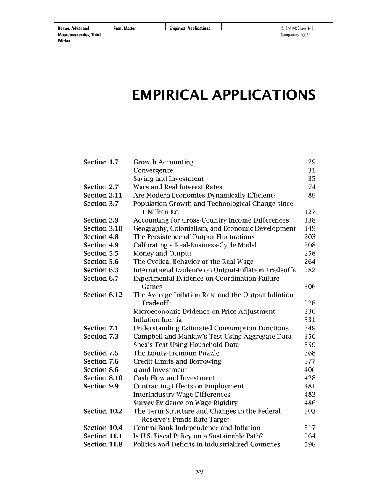When someone owns an asset (such as an investment property or shares in a company) that rises
Question:
When someone owns an asset (such as an investment property or shares in a company) that rises in value, he has an ‘accrued’ capital gain. If he sells the asset, he ‘realises’ the gains that have previously accrued. Under the Australian tax system, realised capital gains are taxed, but accrued gains are not.
a Explain how individuals’ behaviour is affected by this rule.
b Some economists believe that cuts in capital gains tax rates, especially temporary ones, can raise tax revenue. How might this be so?
c Do you think it is a good rule to tax realised but not accrued capital gains? Why or why not?
Fantastic news! We've Found the answer you've been seeking!
Step by Step Answer:
Related Book For 

Question Posted:






